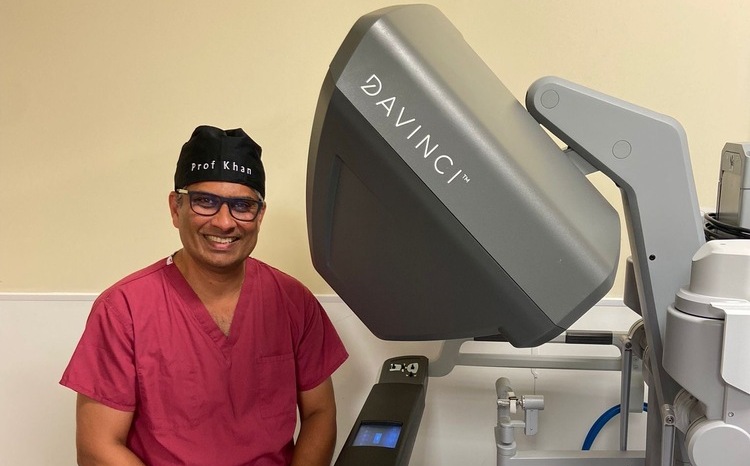Wireless monitoring for heart patients
- 14 February 2011
Wireless monitoring for heart failure patients reduces hospital admissions, says study
Researchers have found that using an implanted device to remotely monitor people with heart failure could reduce hospital admissions by 39%.
Researchers found that patients using the implanted wireless device were less likely to be admitted to hospital.
According to a report in the Lancet the American study compared standard treatments, where patients self-report changes in symptoms and record their daily weight, with the additional use of an implanted device that measures pressure within the arteries connecting the heart and lungs.
Responding to the new research, Amy Thompson, senior cardiac nurse at the British Heart Foundation, said: “Telemonitoring, in which patients self-report their symptoms and are often telephoned at home by medical staff, has already shown positive benefits for heart failure patients in the UK.
“This interesting study considers a possible next stage, where an implanted device also records internal pressures which can give an earlier indication of problems.”
She added that while encouraging the treatment required an invasive procedure to implant the device, and the study did not measure the impact on long term survival rates. Thompson called for much more research and larger trials.
“In the meantime, we know all heart failure patients would benefit from having a full cardiological assessment and specialist nursing support, such as a BHF-funded heart failure nurse. These nurses have been proven to reduce hospital admissions by 35%, significantly improving patients’ quality and length of life, and reducing costs for the health service.”





